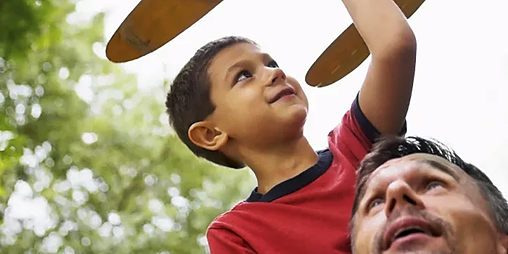Researchers have identified the transition to parenthood as one of life’s most challenging milestones that can either bring couples closer together or push them apart. Prepare by analyzing the changes that your lifestyle may go through and have realistic discussions about the division of chores.
- Think ahead about potential stress points. After the baby has arrived, make spending quality time alone together a priority and you’ll find a way to make it happen.t is important for new dads to assume new household responsibilities and duties. Whether it is washing the dishes, vacuuming, or cooking dinner, it is important for new dads to help out in any way possible.
- Learn from watching. Many new dads decline to take part in several activities associated with parenthood because they are unsure of what they are doing. As with a new sport or any type of new activity, it is important to observe the activity and then try it.
- Be sensitive to mom’s emotions. After nine months of pregnancy, and then giving birth to a child, many recent mothers experience a range of emotions. Extreme highs and lows occur randomly and frequently after childbirth. Consequently, it is important for new dads to be sensitive to these emotions, be supportive, and listen to the new mom’s concerns. Beyond the changes in mom’s emotions, new dads may find that their own feelings and emotions have become unpredictable.
- Mood shifts and erratic feelings are rather common both for new dads and moms after childbirth. However, this should not continue for an extended period after childbirth. If either parent continues to experience abnormal feelings and cannot regain emotional stability, she or he should speak with a professional.
- Consider shifting roles and taking on new responsibilities.
References:
- Giefer, M. A. & Nelson, C. (1981). A Method to help new father develop parenting skills. Journal of Obstetric, Gynecologic & Neonatal Nursing. 10(6), 455-457.
- Shelov. S. P., et al. (2014). Family issues. In: Caring for Your Baby and Young Child: Birth to Age 5. 6th ed. New York, N.Y.: Bantam Books.
- Single parenting and today’s family. American Psychological Association. Retrieved October 1, 2018 from: http://www.apa.org/helpcenter/single-parent.aspx.













